– looking after our land
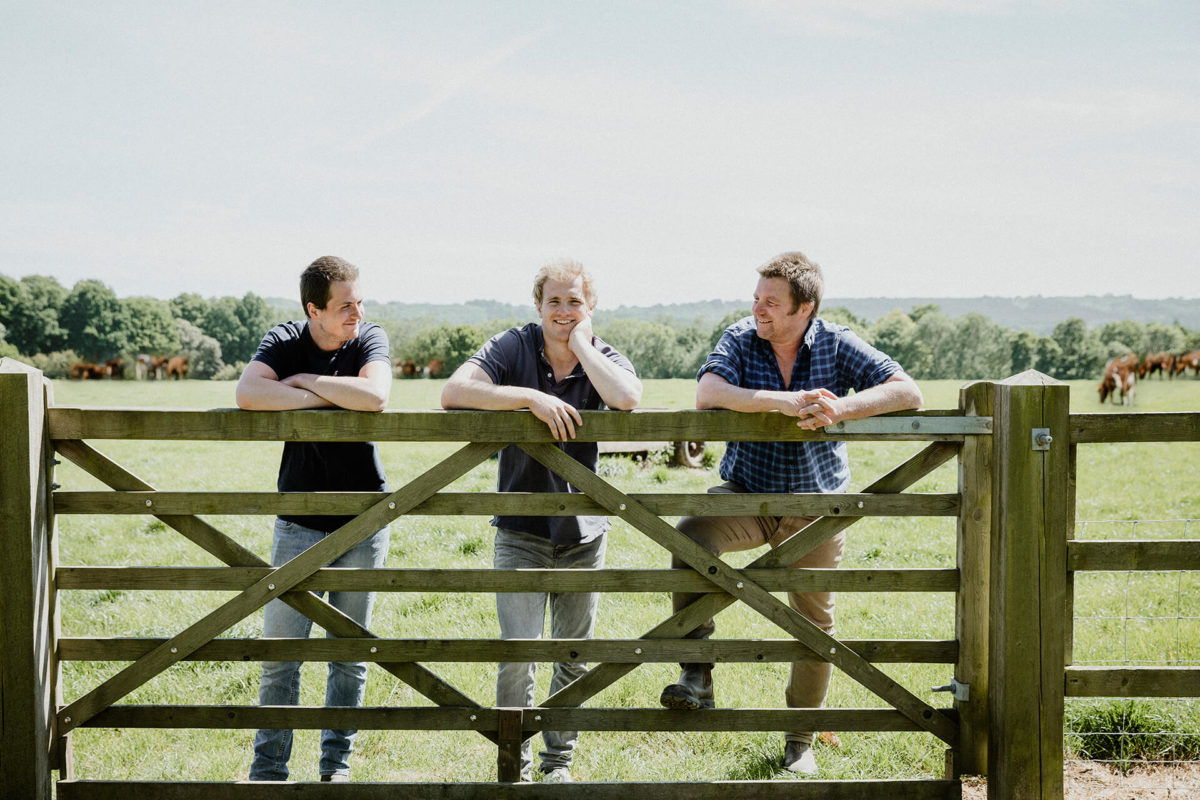
Regenerative & responsible
Regenerative farming is a popular buzz word and there are no set rules for this type of system – it’s farming with nature, working towards building a healthy soil structure as key to growing the best food and crops, and having a positive impact on the land, all good for animals, land and people.
Cows and livestock, looked after to high welfare standards and kept extensively like on our farm, along with good land and soil management, are a key part of a full circle of farming, allowing us to produce our farmhouse cheese in an environmentally friendly way and we will continue to farm in the best way we can keeping to these principles.
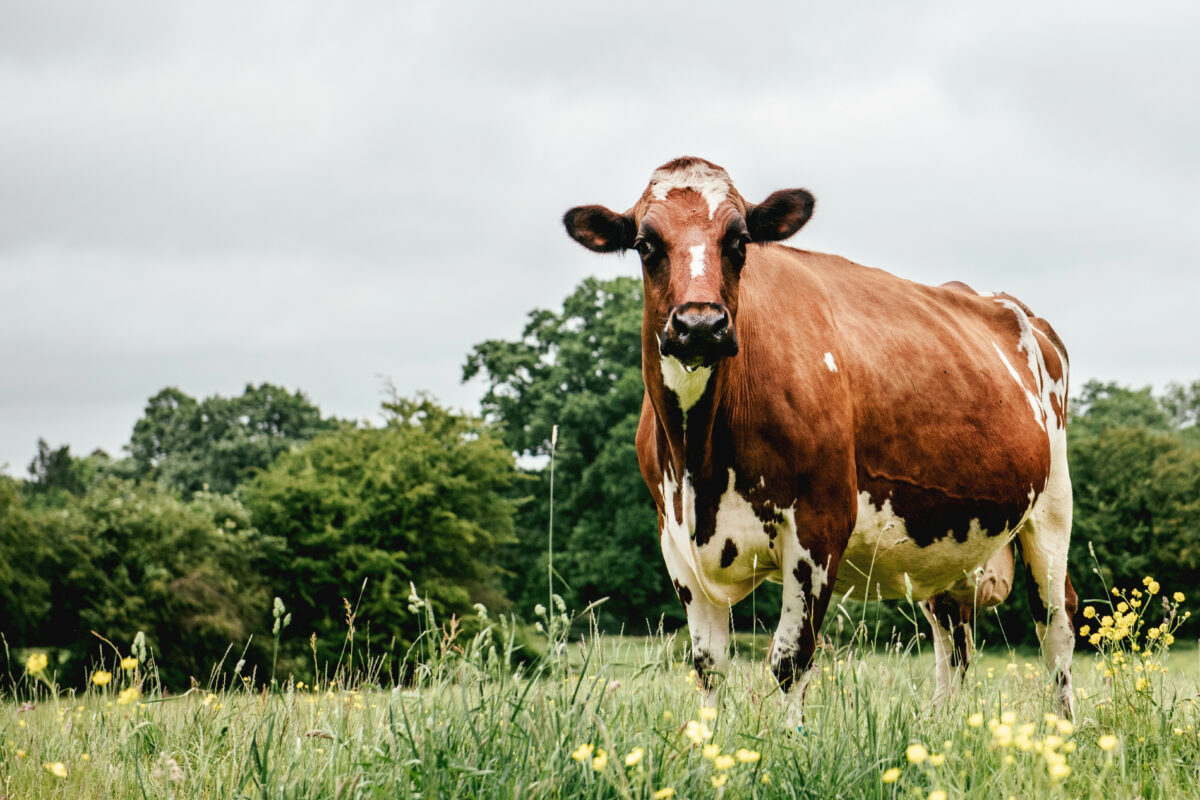
Grass fed, free range cows
The most environmentally friendly way to feed a dairy cow is to let her graze the grass pastures herself and we do just that, with our herd out in the fields day and night for 7-8 months a year.
We have a ‘rotational grazing’ system meaning the milking cows move onto a fresh new grass paddock each day to prevent over grazing and soil damage, so giving the pasture time to rest and regrow.
Dedicated pathways for the cows to walk on prevent soil damage and there are plenty of water troughs giving room for all to drink.
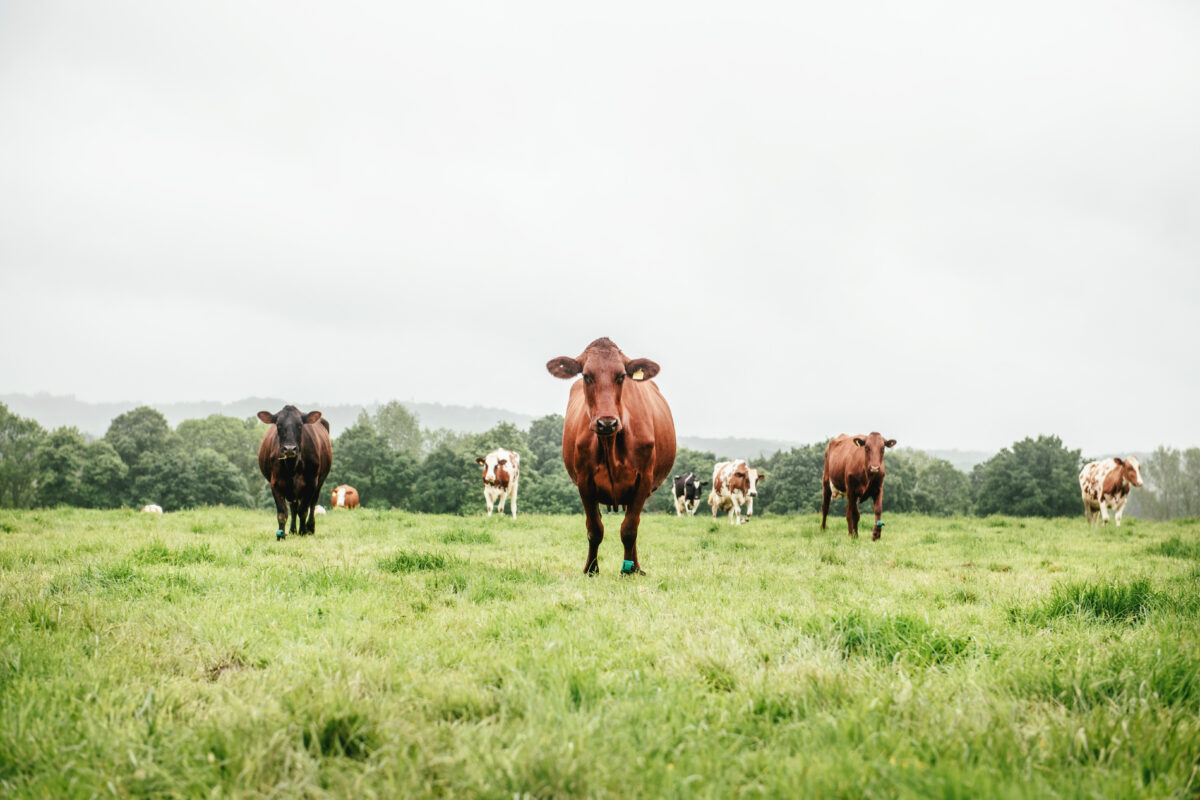
Diverse pastures
Our fields contain a mix of grasses and plants, especially clover, which is a fantastic plant that has many benefits for a low input dairy farm such as ours and we have been adding it to our grass fields for several years.
Firstly, it is much more drought tolerant than many grasses, giving the cows food when other fields would have dried up. It also has the ability to fix nitrogen, essential for growth, in its own roots and so bolsters soil carbon retention, without any artificial fertiliser.
And lastly the cows really do love eating it!
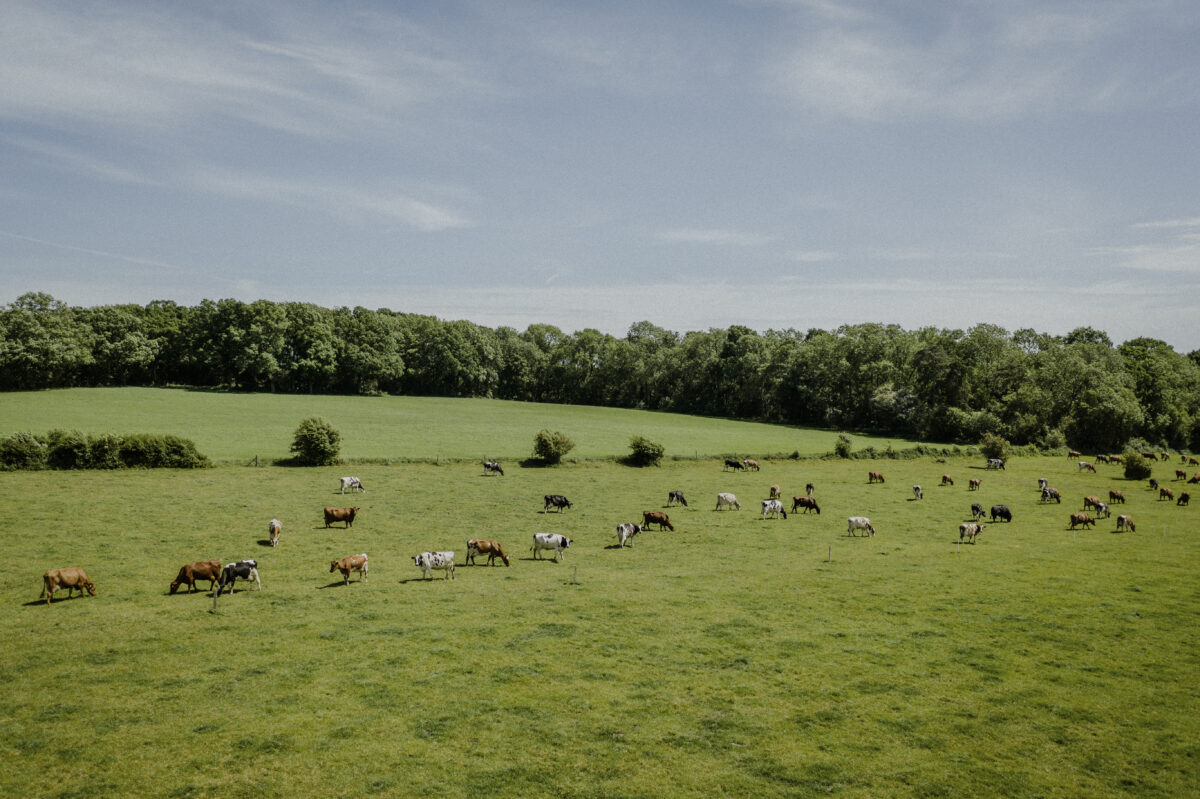
Our own natural fertiliser
Cows produce a lot of muck and slurry which is a valuable resource in itself, rich in minerals such as nitrogen, phosphorus and potassium and other organic matter
We store what is produced over the winter and instead of buying in artificial fertiliser in the springtime, our natural manure is spread back onto our land to add these nutrients to the soil and improve it.
Reduced energy and transport costs associated manmade fertiliser which is often manufactured abroad, is an added bonus!
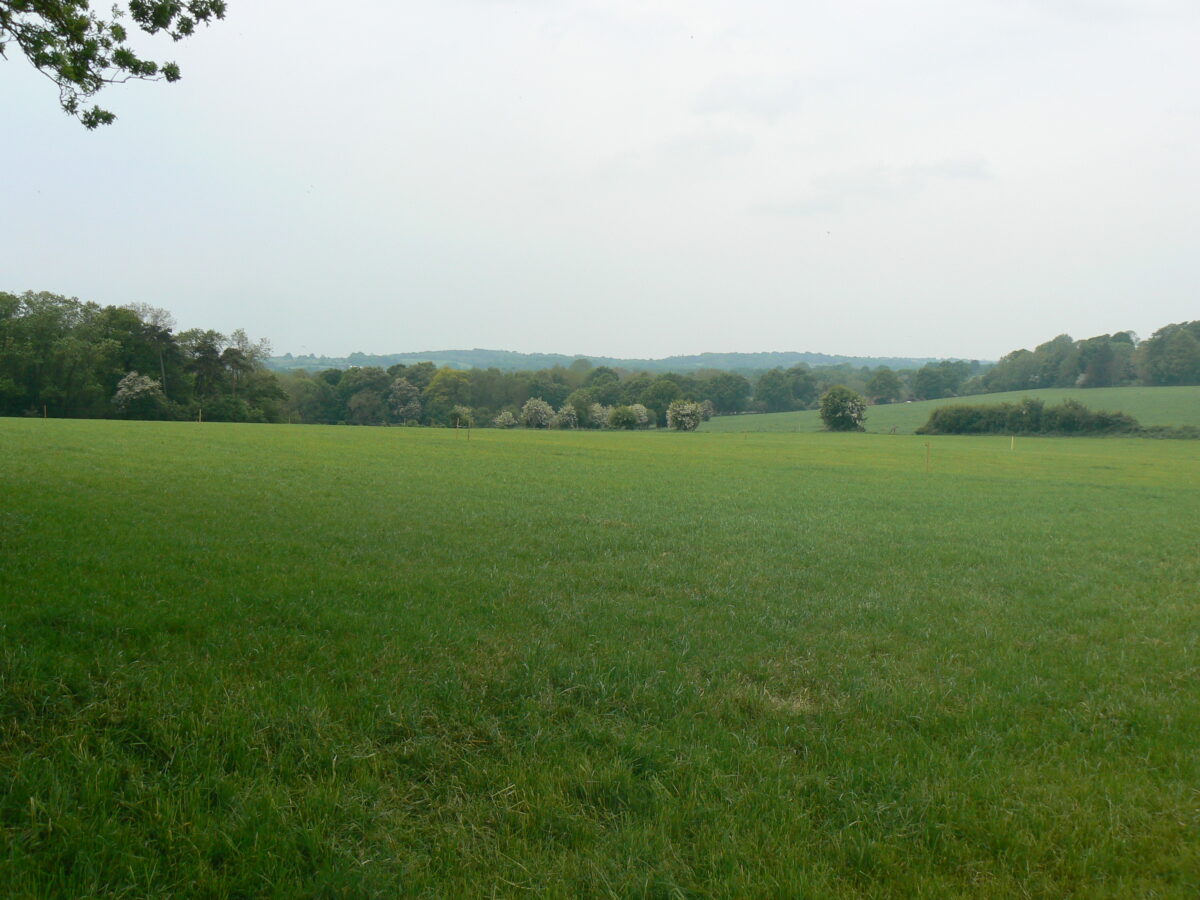
Woodland and more..
We’re incredibly lucky here as most of our fields have long established woodland boundaries which are home to many different types of wildlife – birds, insects and small mammals, as well as shelter for our cows from sun or rain.
Our 40 acres of woodland is left mostly untouched, and is full of native trees, plants and natural ponds, adding to the biodiversity of life here at Kingcott Dairy.
Every farm is unique and so are the ways we are working to improve and regenerate our soils, which form the starting point of farming.
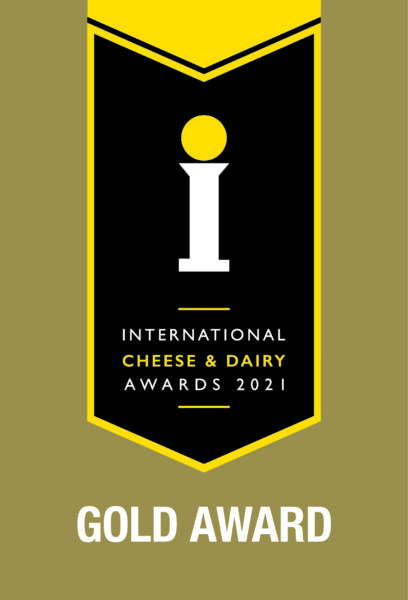
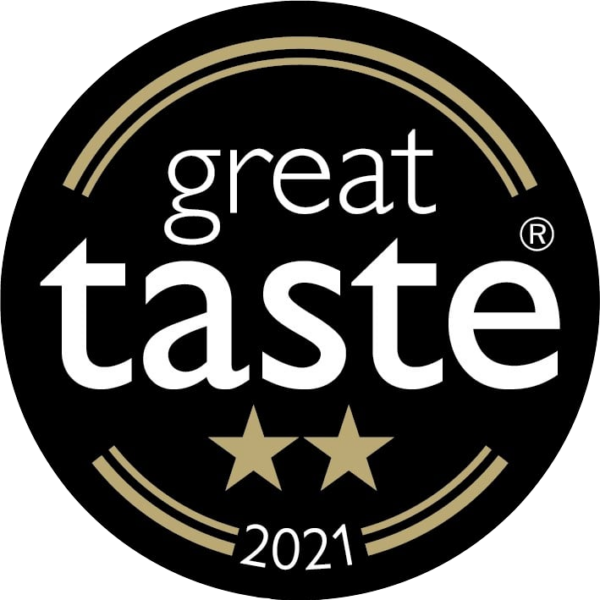
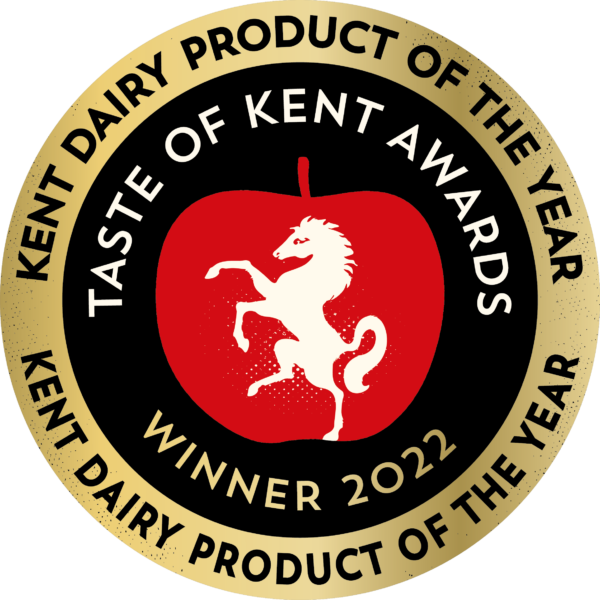
Keep up to date
For the latest news on what’s happening on our farm and events we are attending follow us on social media or get in touch with us by email.